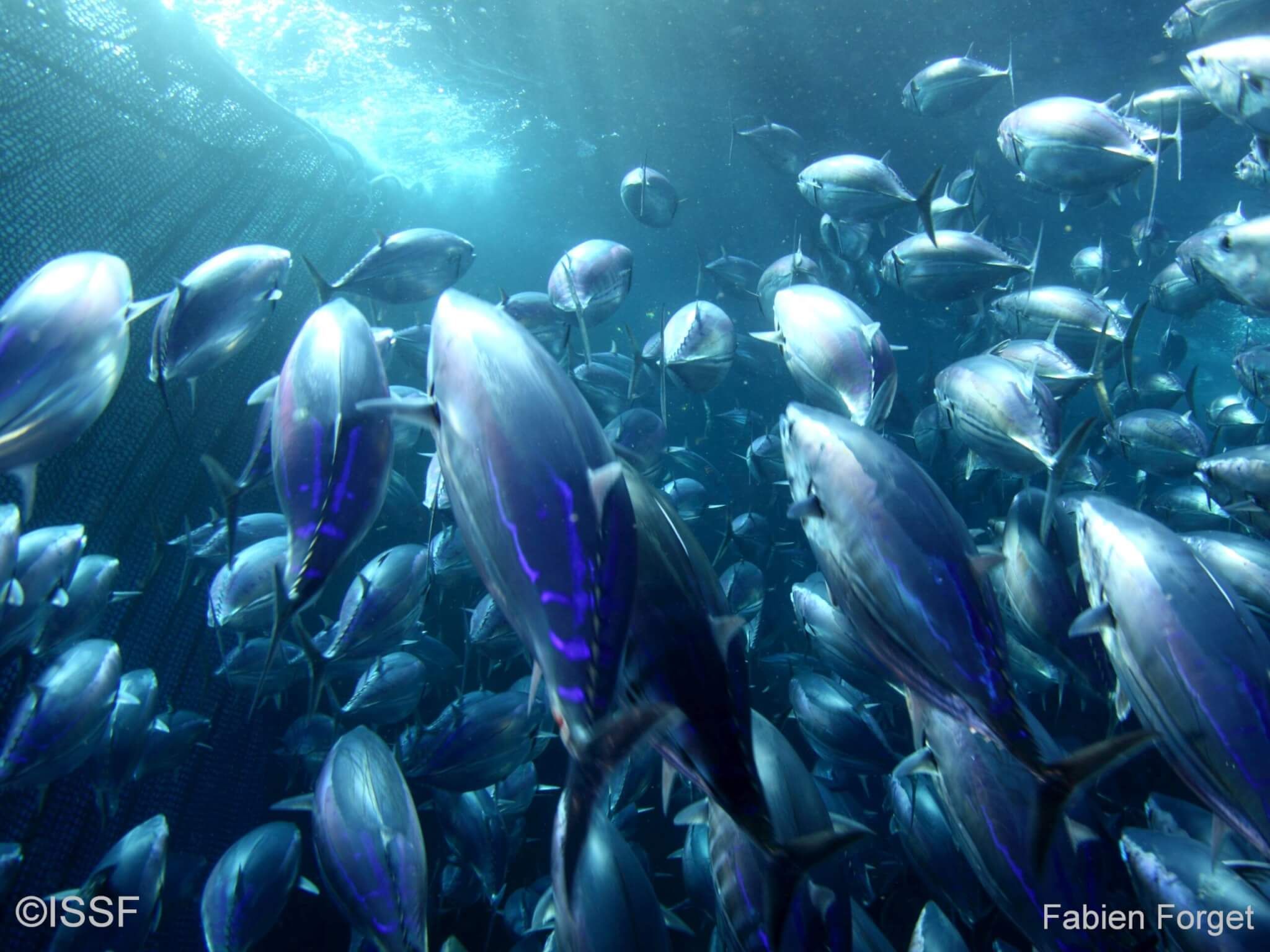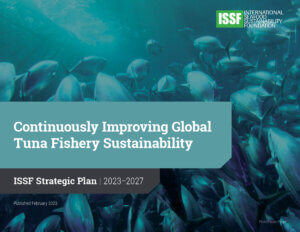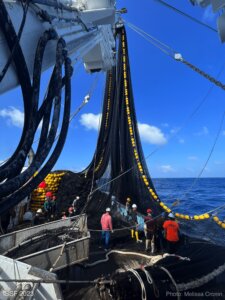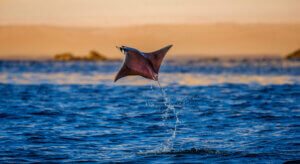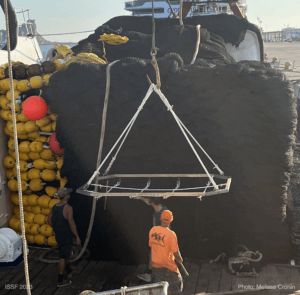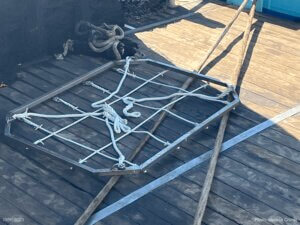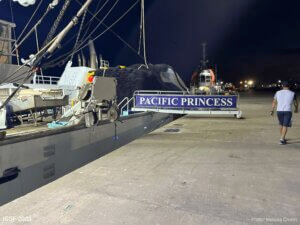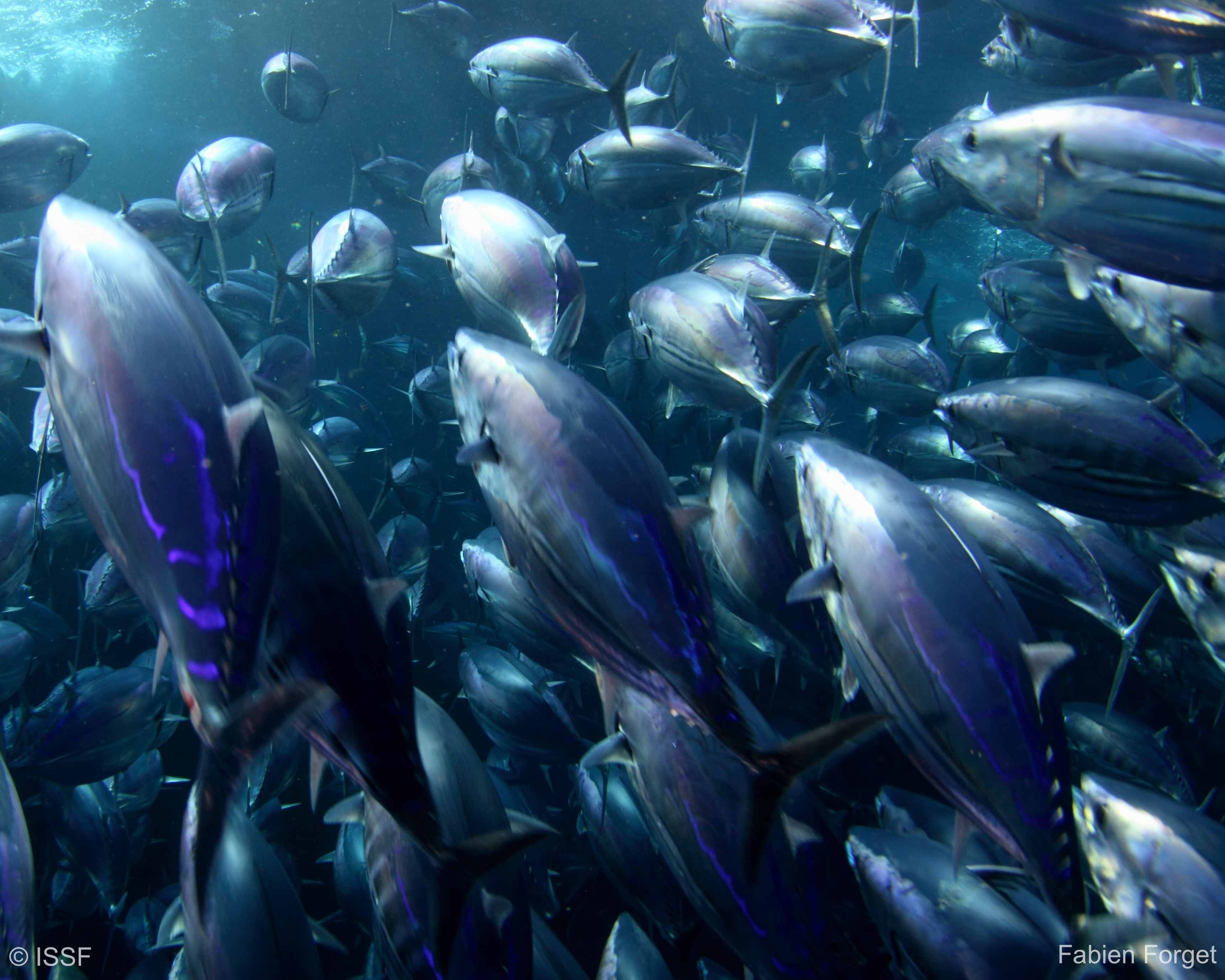ISSF REPORT: 85% of Global Tuna Catch Comes from Stocks at Healthy Levels; 11% Requires Stronger Management
Of the total commercial tuna catch worldwide, 85% is sourced from stocks at “healthy” levels of abundance, according to the newest International Seafood Sustainability Foundation (ISSF) Status of the Stocks report. In addition, 11% of the total tuna catch came from overfished stocks, and 4% came from stocks at an intermediate level of abundance.
Several tuna stocks are considered overfished and/or subject to overfishing:
- Mediterranean albacore, Indian ocean bigeye and Indian Ocean yellowfin stocks are overfished and subject to overfishing.
- Pacific Ocean bluefin is overfished.
The report notes several changes to stock ratings since the last update in November 2022:
- The Indian Ocean bigeye stock’s biomass rating was downgraded from green to orange since the last report.
- The Indian Ocean albacore stock’s fishing mortality rate was upgraded from orange to green.
In terms of management, key updates since November 2022 are the inclusion of:
- A new Management Procedure adopted by the Western and Central Pacific Fisheries Commission (WCPFC) for Western Pacific Ocean skipjack tuna
- A partial harvest strategy adopted by the WCPFC for North Pacific albacore, in line with the one adopted by IATTC in 2022
- A new Management Procedure adopted by the International Commission for the Conservation of Atlantic Tunas (ICCAT) for Western and Eastern Atlantic Bluefin Tuna
ISSF publishes its signature Status of the Stocks report multiple times each year using the most current scientific data on 23 major commercial tuna stocks.
Key Statistics in the New Report
- Abundance or “spawning biomass” levels: Globally, 61% of the 23 stocks are at healthy levels of abundance (down from 65% in November of 2022), 22% are at an intermediate level, and 17% are overfished.
- Fishing mortality levels: 78% of the 23 stocks are experiencing a well-managed fishing mortality rate, and 13% are experiencing overfishing.
- Total catch: The catch of major commercial tuna stocks was 4.8 million tonnes in 2021. 56% was skipjack tuna, followed by yellowfin (31%), bigeye (8%), and albacore (4%). Bluefin tuna accounted for 1% of the global catch.
- Largest tuna catches by stock: The five largest catches in tonnes, unchanged since the previous report, are Western Pacific Ocean skipjack, Western Pacific Ocean yellowfin, Indian Ocean skipjack, Indian Ocean yellowfin, and Eastern Pacific Ocean skipjack.
- Tuna production by fishing gear: 66% of the catch is made by purse seining, followed by longline (9%), pole-and-line (7%), gillnets (4%), and miscellaneous gears (14%). These percentages have changed only slightly since the previous report.
The Status of the Stocks report is reviewed by the ISSF Scientific Advisory Committee, which provides advice on its content. The report does not advocate any particular seafood purchase decisions.
Changes to Report Content
Certain legacy elements of the Status of the Stocks report have been moved online from the PDF to ensure the report is user friendly while improving the accessibility of information on the ISSF website. Content relocated in this version includes:
- Tuna species descriptions, which have been removed from the report, and are now available on the ISSF website: https://www.iss-foundation.org/tuna-stocks-and-management/tuna-fishing/tuna-species/
- RFMO descriptions, references to ISSF 2017-08, now link to available information on the ISSF website: https://www.iss-foundation.org/tuna-stocks-and-management/fisheries-management/regional-fisheries-management-organizations-rfmos/
- The MSC-certified tuna fisheries list, which has been removed as an Appendix and replaced with a link to the list maintained on the ISSF website: https://www.iss-foundation.org/fishery-goals-and-resources/the-marine-stewardship-council-standard/msc-certified-tuna-fisheries/
Other changes throughout the Status of the Stocks report include a revised “Additional Resources” section and a new catch-by-RFMO-and-rating figure. Additional content updates may continue in future reports.
About the Status of the Stocks Report
There are 23 stocks of major commercial tuna species worldwide — 6 albacore, 4 bigeye, 4 bluefin, 5 skipjack, and 4 yellowfin stocks. The Status of the Stocks summarizes the results of the most recent scientific assessments of these stocks, as well as the current management measures adopted by the RFMOs. Status of the Stocks assigns color ratings (green, yellow or orange) using a consistent methodology based on three factors: Abundance, Exploitation/Management (fishing mortality), and Environmental Impact (bycatch).
ISSF produces several Status of the Stocks reports each year to provide clarity about where we stand — and how much more needs to be done — to ensure the long-term sustainability of tuna stocks. The Status of the Stocks presents a comprehensive analysis of tuna stocks by species, and the Evaluation of the Sustainability of Global Tuna Stocks Relative to Marine Stewardship Council (MSC) Criteria provides scores for the stocks and RFMOs based on MSC assessment criteria. Together, these tools help to define the continuous improvement achieved, as well as the areas and issues that require more attention.
In addition, ISSF maintains a data-visualization tool based on its Status of the Stocks report. The “Interactive Stock Status Tool” is located on the ISSF website and accessible through the Status of the Stocks overview page. Users can easily toggle through tuna abundance and exploitation health indicators by catch or stock, filter by location and species, and see the share of total catch by species/stocks and gear types.



